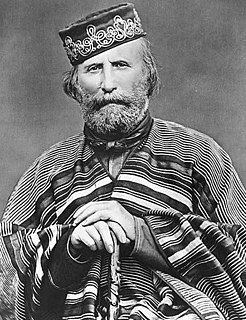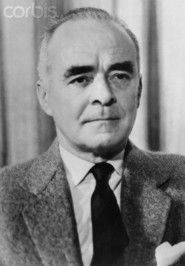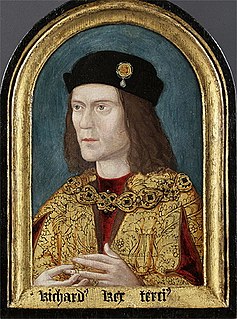A Quote by Ralph Waldo Emerson
Courage charms us, because it indicates that a man loves an idea better than all things in the world, that he is thinking neither of his bed, nor his dinner, nor his money, but will venture all to put in act the invisible thought of his mind.
Related Quotes
A man cannot free himself by any self-denying ordinances, neither by water nor potatoes, nor by violent possibilities, by refusing to swear, refusing to pay taxes, by going to jail, or by taking another man's crops or squatting on his land. By none of these ways can he free himself; no, nor by paying his debts with money; only by obedience to his own genius.
There is no hope for the world unless and until we formulate, accept and state publicly a true moral code of individualism, based on man's inalienable right to live for himself. Neither to hurt nor to serve his brothers, but to be independent of them in his function and in his motive. Neither to sacrifice them for himself nor to sacrifice himself for them.
Though neither happiness nor respect are worth anything, because unless both are coming from the truest motives, they are simply deceits. A successful man earns the respect of the world never mind what is the state of his mind, or his manner of earning. So what is the good of such respect, and how happy will such a man be in himself? And if he is what passes for happy, such a state is lower than the self-content of the meanest animal.
Just what is the civil law? What neither influence can affect, nor power break, nor money corrupt: were it to be suppressed or even merely ignored or inadequately observed, no one would feel safe about anything, whether his own possessions, the inheritance he expects from his father, or the bequests he makes to his children.
He ran as he'd never run before, with neither hope nor despair. He ran because the world was divided into opposites and his side had already been chosen for him, his only choice being whether or not to play his part with heart and courage. He ran because fate had placed him in a position of responsibility and he had accepted the burden. He ran because his self-respect required it. He ran because he loved his friends and this was the only thing he could do to end the madness that was killing and maiming them.
Nothing can separate you from His love, absolutely nothing, neither death nor life, nor angels, nor principalities, nor powers, nor things present, nor things to come, nor height, nor depth, nor any other creature... We do not need to beg Him to bless us, He simply cannot help it. Therefore God is enough! God is enough for time, God is enough for eternity. God is enough!
How admirable and beautiful is the simplicity of the Evangelists! They never speak injuriously of the enemies of Jesus Christ, of His judges, nor of His executioners. They report the facts without a single reflection. They comment neither on their Master's mildness when He was smitten, nor on His constancy in the hour of His ignominious death, which they thus describe: "And they crucified Jesus.
When a man sought knowledge, it would not be long before it could be seen in his humbleness, his sight, upon his tongue and his hands, in his prayer, in his speech and in his disinterest (zuhd) in worldly allurements. And a man would acquire a portion of knowledge and put it into practice, and it would be better for him than the world and all it contains - if he owned it he would give it in exchange for the hereafter.








































